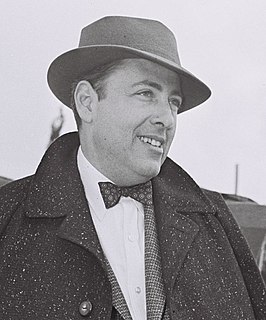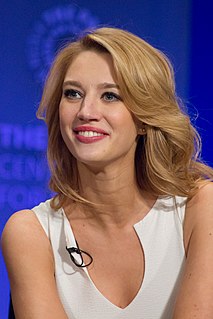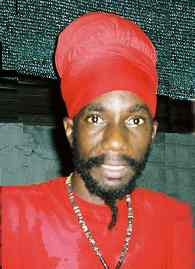A Quote by Herman Wouk
Judaism has always been a strong interest of mine. My two sons speak Hebrew and are familiar with the scriptures and with rabbinic literature. This is the way we live.
Related Quotes
Literature is the best way to overcome death. My father, as I said, is an actor. He's the happiest man on earth when he's performing, but when the show is over, he's sad and troubled. I wish he could live in the eternal present, because in the theater everything remains in memories and photographs. Literature, on the other hand, allows you to live in the present and to remain in the pantheon of the future.
Literature is a way to say, I was here, this is what I thought, this is what I perceived. This is my signature, this is my name.
If you suspect that my interest in the Bible is going to inspire me with sudden enthusiasm for Judaism and make me a convert of mountain-moving fervor and that I shall suddenly grow long earlocks and learn Hebrew and go about denouncing the heathen - you little know the effect of the Bible on me. Properly read, it is the most potent force for atheism ever conceived.
Obviously, everything has always been defined by the dominant ideology. But the dominant ideology has been able to accept women's literature as well as men's literature. I would say that women have been hindered from creating for a variety of reasons, as Virginia Woolf so admirably explained in A Room of One's Own. When they have created, on the whole they have been recognized. In literature it hasn't been nearly as oppressive as in, say, painting, where even the existence of so many women painters has always been denied.



































